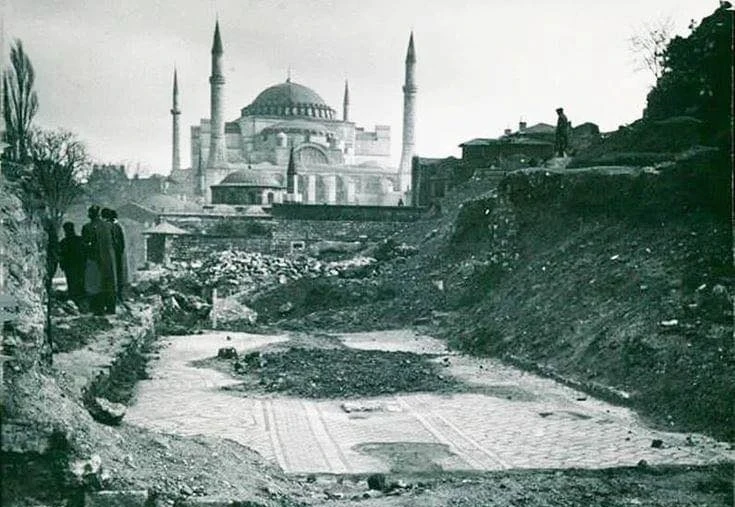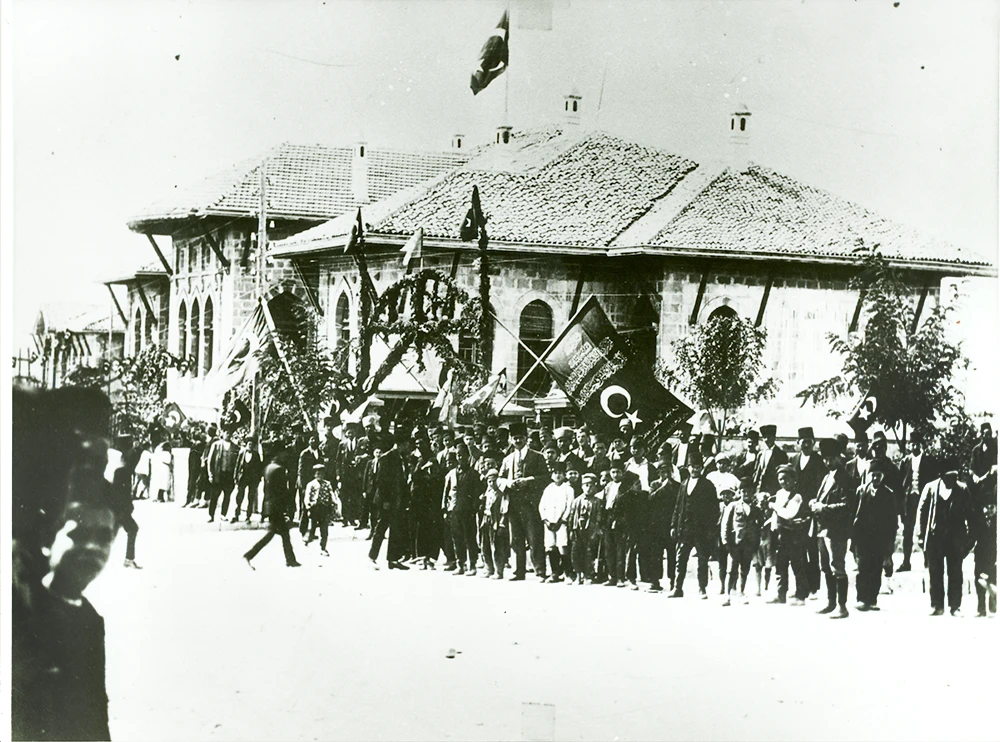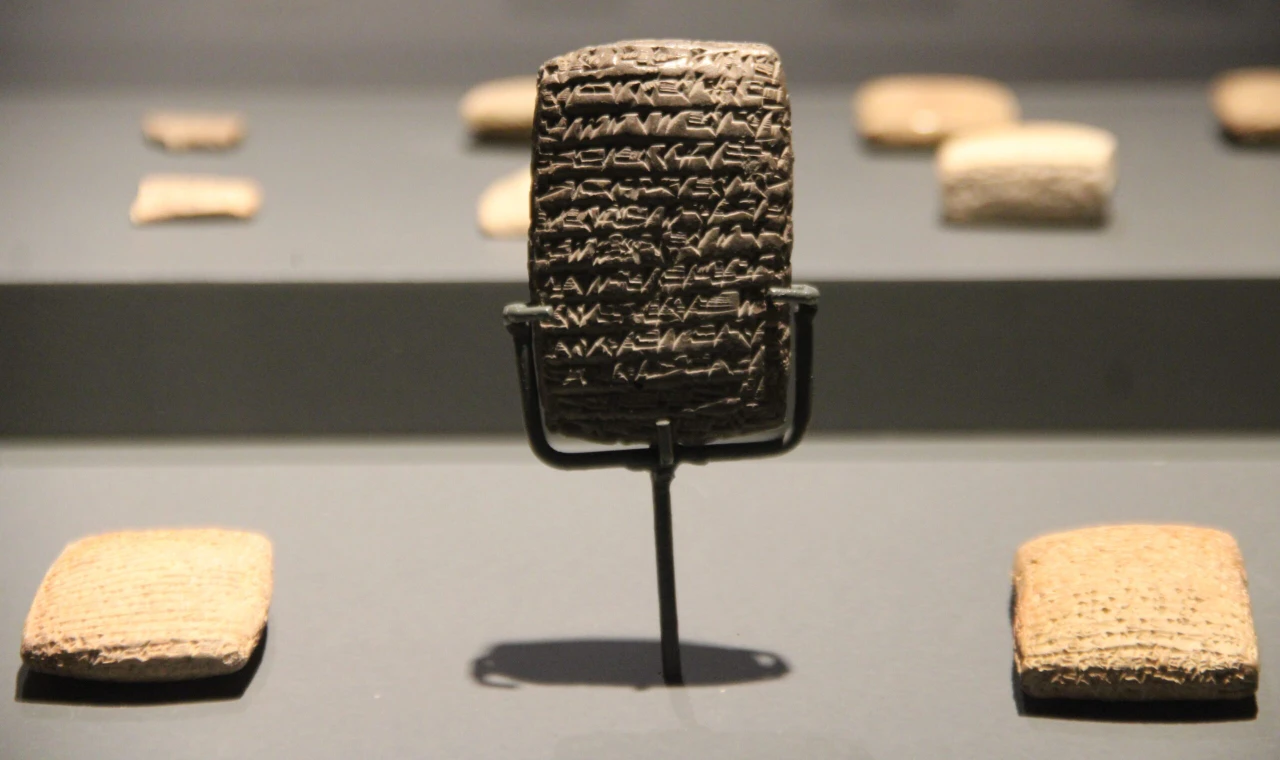World’s legacy of wisdom: Unveiling Anatolian roots of Western civilization
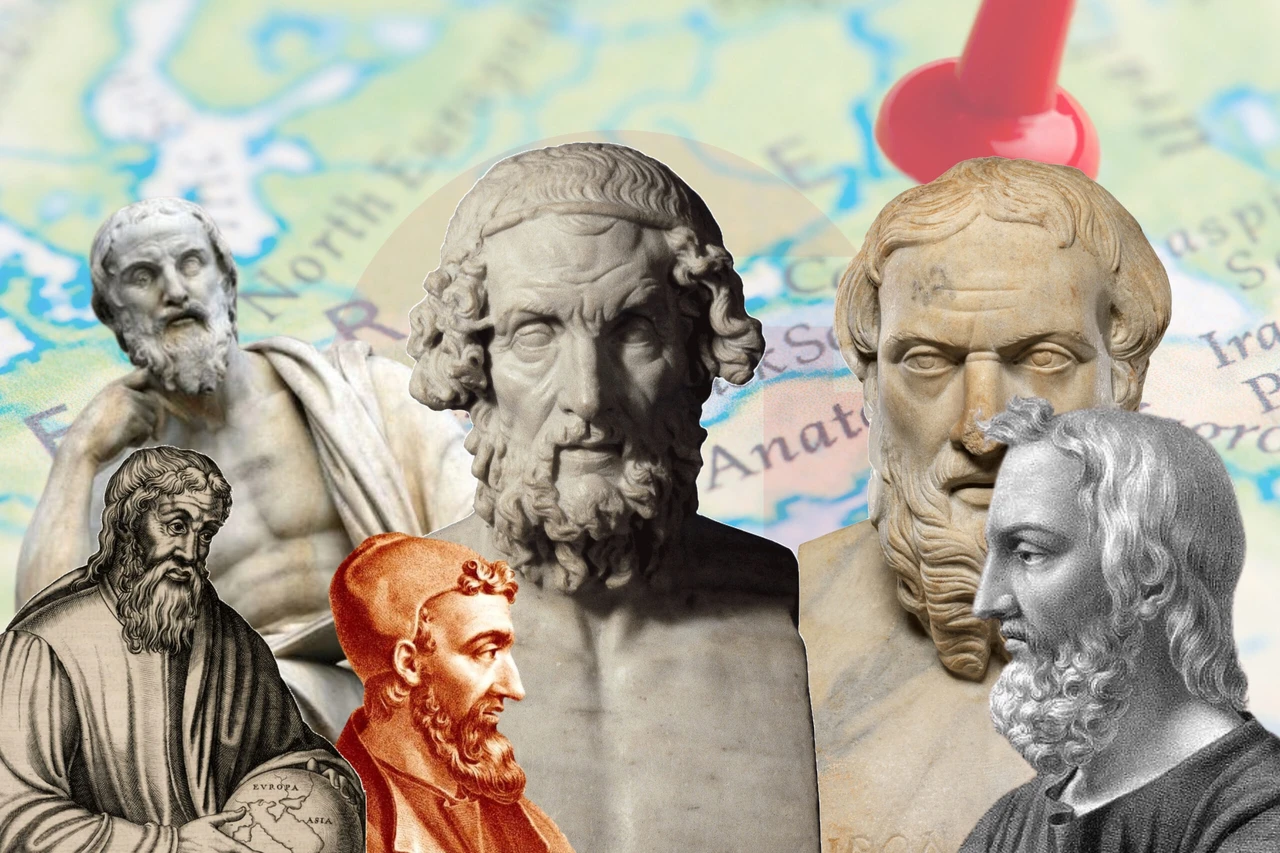 World's firsts born in Anatolia, July 23, 20224 (Collage by Türkiye Today/Koray Erdogan)
World's firsts born in Anatolia, July 23, 20224 (Collage by Türkiye Today/Koray Erdogan)
Anatolia has been a cradle of vast cultural and intellectual heritage since ancient times, playing a critical role in shaping modern Western civilization.
At Türkiye Today, we explore Anatolia’s contributions to Western thought and science, the impact of key figures from this region, and how we can better understand and appreciate this legacy.
From Homer and Thales to Herodotus and Galen, many pioneering scientists and thinkers have emerged from Anatolia, leaving an indelible mark on human history.
However, today, their legacy is not sufficiently embraced or promoted. In this article, we delve into the profound contributions of these ancient figures and their enduring influence on contemporary thought and culture.
Who were pioneering scientists from Anatolia?

Homer (8th century BC) – Smyrna (Modern Izmir)
Homer is the first great poet of Western literature. His epic poems, “Iliad” and “Odyssey,” marked a turning point in both ancient Greek and Western literature, offering deep explorations into heroism, mythology, and human nature.
Homer’s works have influenced countless writers and thinkers throughout history and are considered foundational pillars of Western culture.
Izmir, his birthplace, hosts various events honoring his literary legacy.
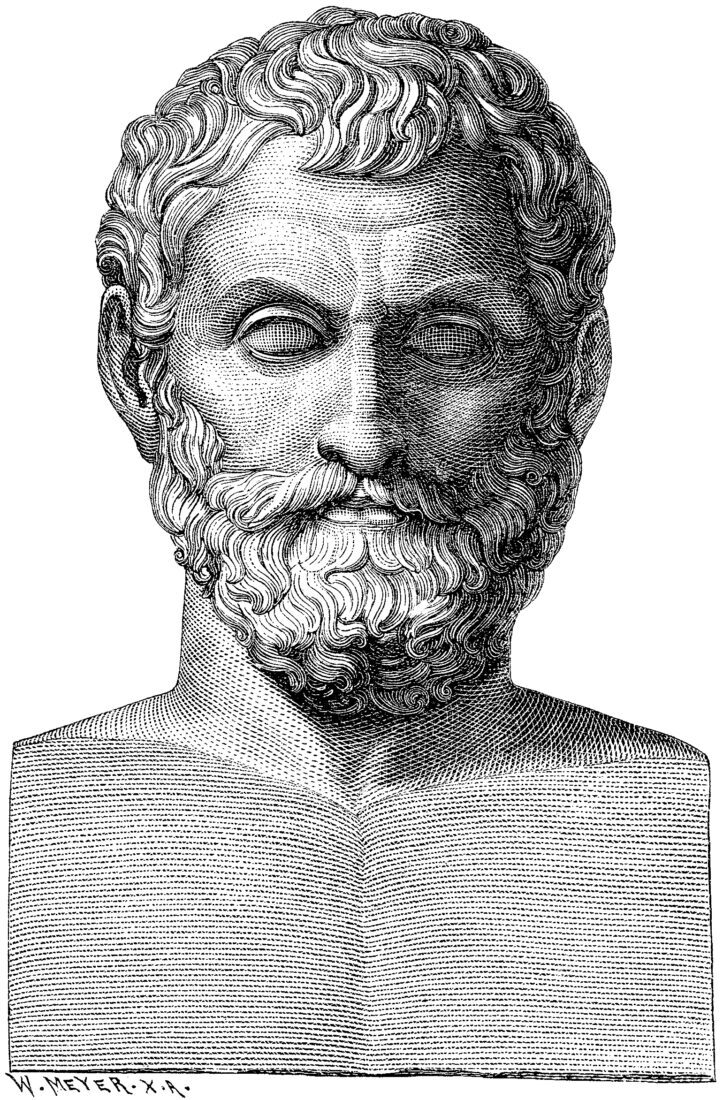
Thales (624-546 BC) – Miletus (Modern Balat, Aydin)
Thales was one of the first great natural philosophers of antiquity, making significant contributions to mathematics, astronomy, and philosophy. He proposed water as the fundamental substance of existence and explained the universe’s foundation through it.
Moreover, Thales successfully predicted a solar eclipse in 585 B.C., marking a significant achievement in astronomy. He also laid the groundwork for mathematical geometry, particularly stating that the sum of the angles in a triangle is 180 degrees.
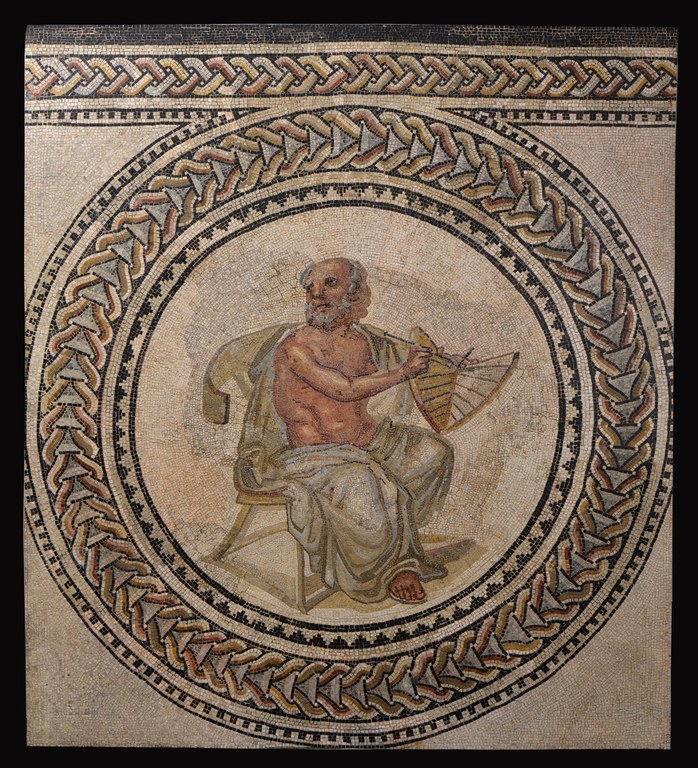
Anaximander (610-546 BC) – Miletus (Modern Balat, Aydin)
Anaximander, a student of Thales, introduced the concept of “apeiron” (the infinite) while exploring the fundamental principles of existence.
He made significant contributions to cosmology and cartography, drawing one of the first maps and proposing advanced theories about the universe’s order and planetary movements, greatly influencing ancient Greek thought.
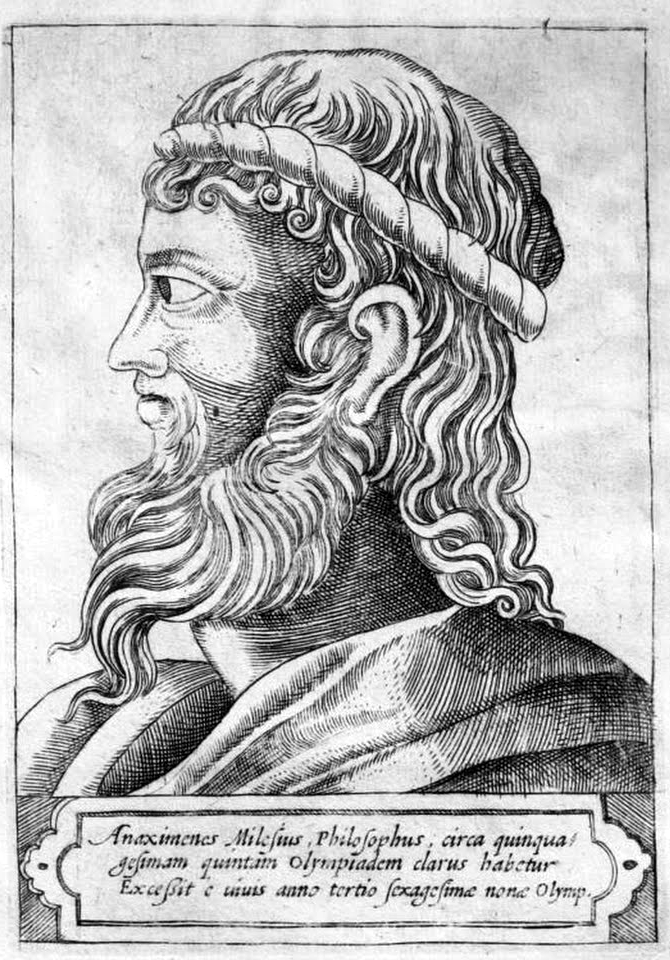
Anaximenes (585-528 BC) – Miletus (Modern Balat, Aydin)
Following Thales and Anaximander, Anaximenes made significant contributions to natural philosophy.
He argued that air was the fundamental substance of the universe and that all natural phenomena could be explained by changes in this substance. Anaximenes’ ideas laid the foundation for scientific inquiries into air and its properties.
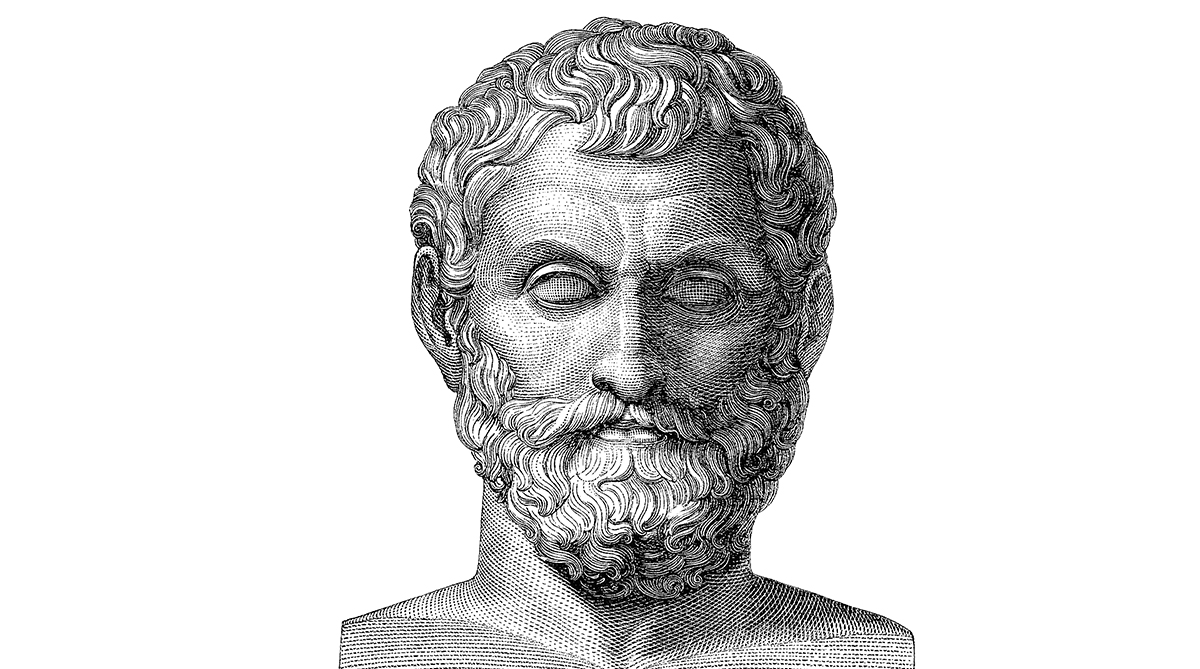
Hippodamus (5th century BC) – Miletus (Modern Balat, Aydin)
Hippodamus is considered the pioneer of modern urban planning. He was the first to develop the idea of constructing cities based on a grid plan.
This approach ensured cities were orderly and functional, setting a vital model for future urban planning practices.
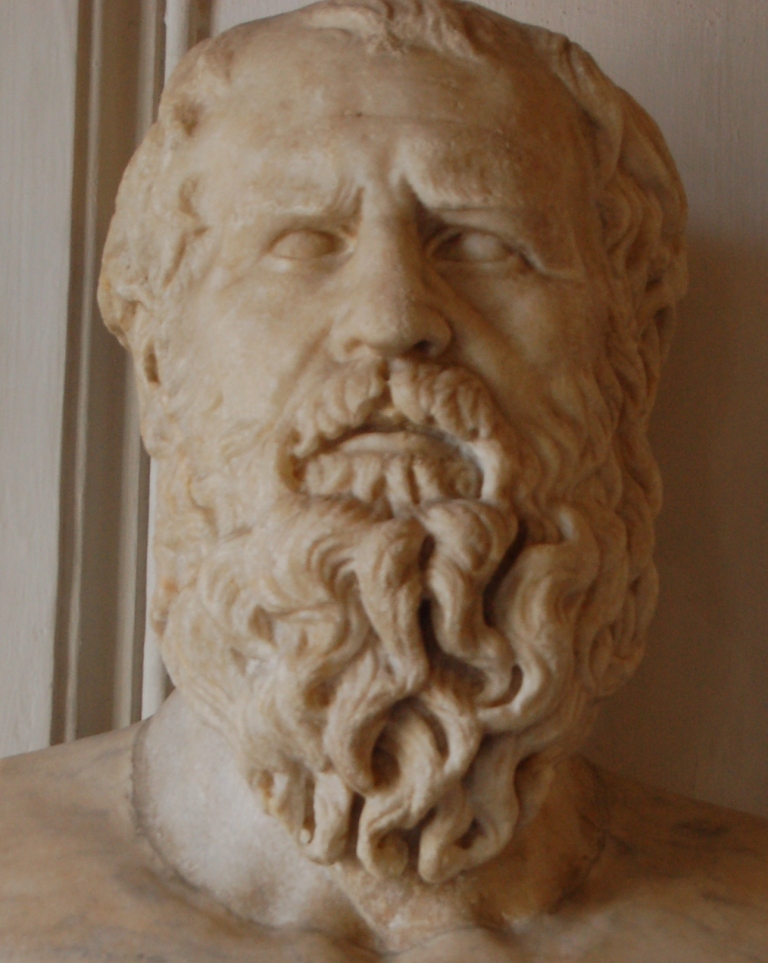
Heraclitus (535-475 BC) – Ephesus (Modern Selcuk, Izmir)
Heraclitus is known for his assertion that “everything flows” (panta rhei). He believed that change is a universal constant, a philosophy that became a crucial part of Western thought.
Heraclitus also proposed ideas on the role of citizens in social life and the fundamental principles of social harmony, which remain central to philosophical discussions today.
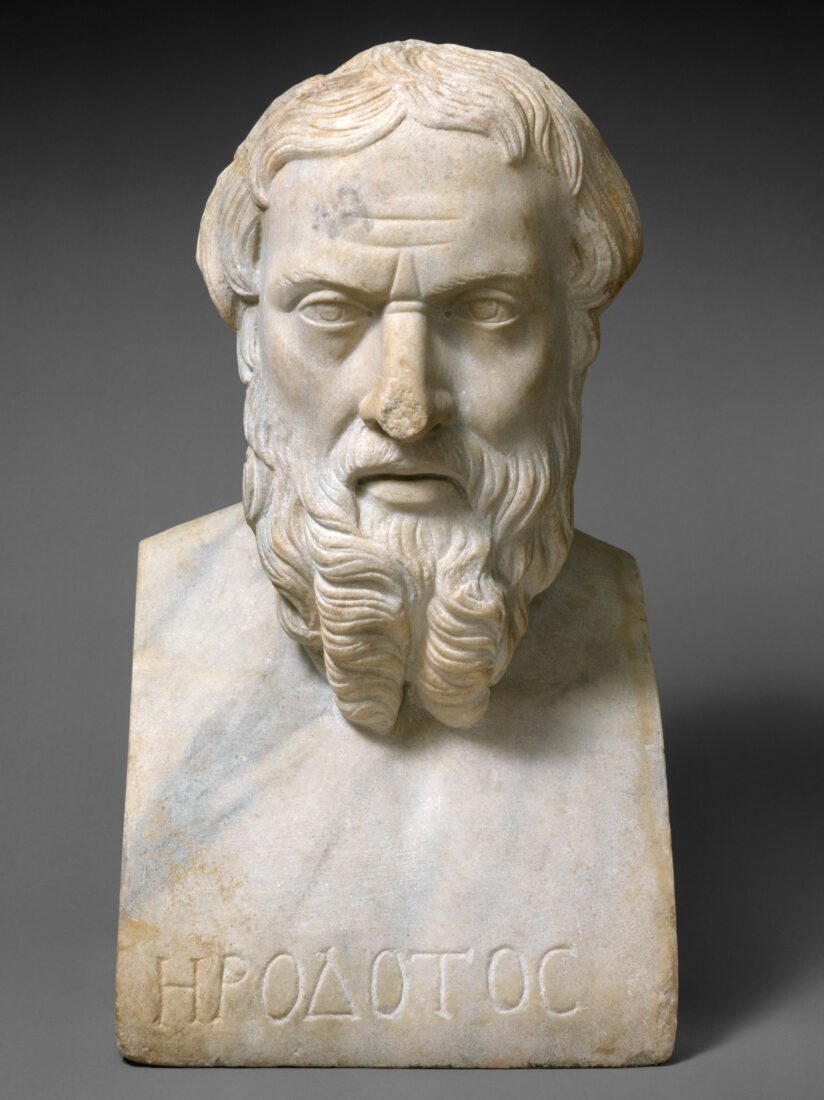
Herodotus (484-425 BC) – Halicarnassus (Modern Bodrum, Mugla)
Herodotus is regarded as the father of Western historiography.
His work “Histories” (Historia) provides a detailed account of the ancient world, establishing a methodological approach to historical writing and source usage.
Herodotus’ methodologies have greatly influenced the development of historical science.
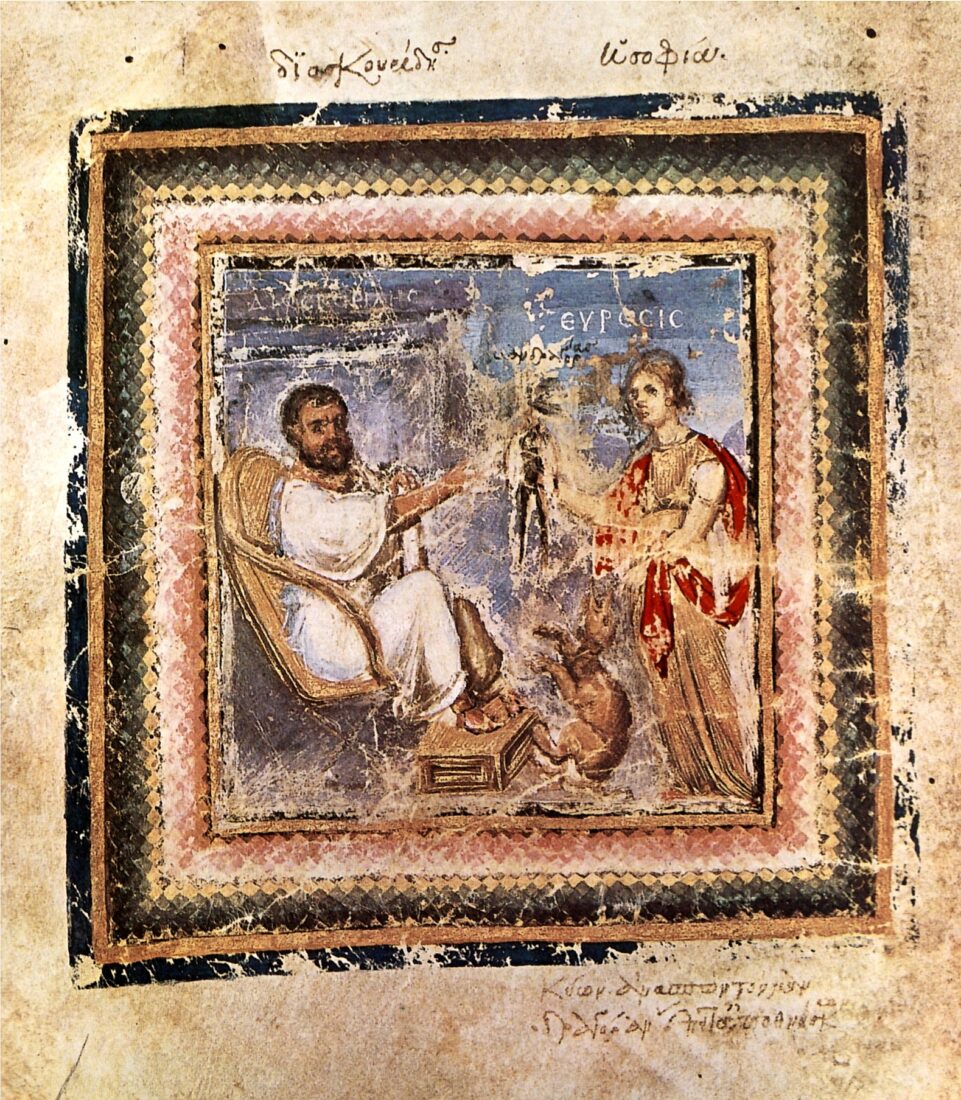
Dioscorides (40-90 AD) – Anazarbus (Modern Kozan, Adana)
Dioscorides was a prominent figure in ancient pharmacology. His work “De Materia Medica” offers comprehensive information on medicinal plants and their properties.
This text remained the primary reference for Western pharmacists throughout the Middle Ages and laid the groundwork for modern pharmacology.
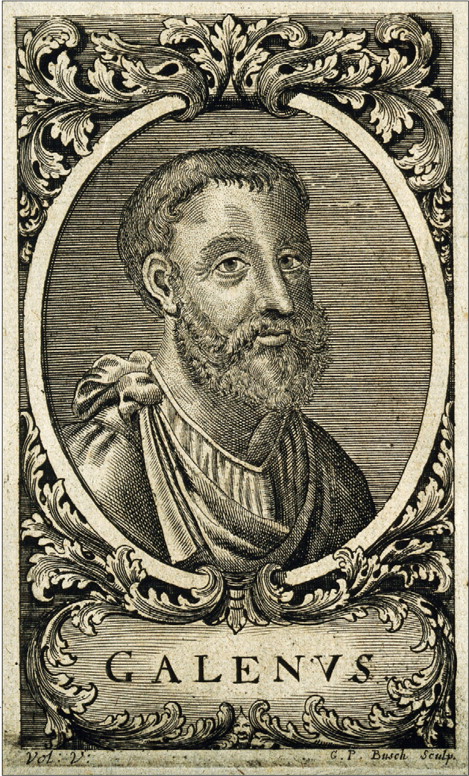
Galen (129-199 AD) – Pergamon (Modern Bergama, Izmir)
Galen was one of the most renowned physicians of antiquity, serving as the personal physician to Roman Emperor Marcus Aurelius.
His extensive writings on medicine formed the basis of both Western and Eastern medical practices. Galen’s work significantly contributed to anatomy, physiology, and the study of diseases.
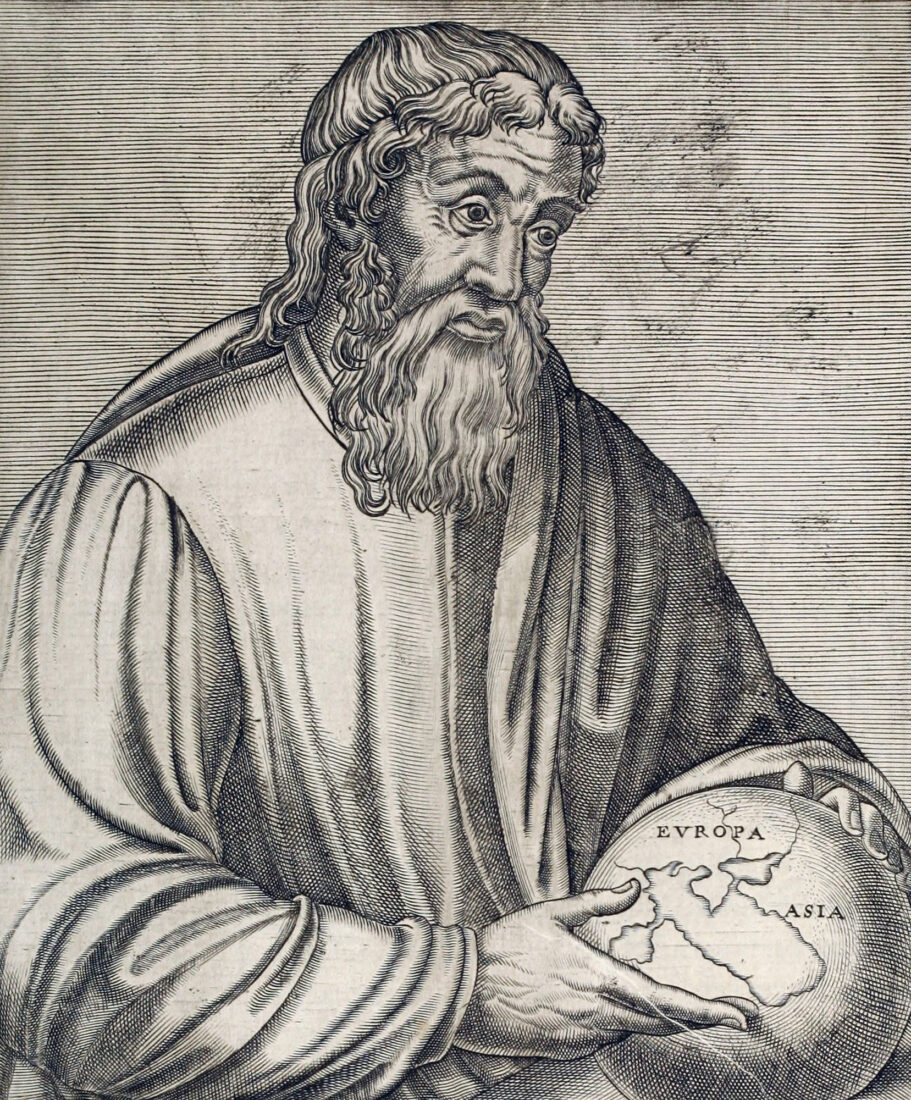
Strabo (64 BC – 24 AD) – Amasia (Modern Amasya, Türkiye)
Strabo is recognized as the father of geography. His work “Geography” compiled extensive geographical knowledge of the ancient world, providing a scientific approach to the study of geography.
Strabo’s methodologies greatly influenced the development of Western geographical science.
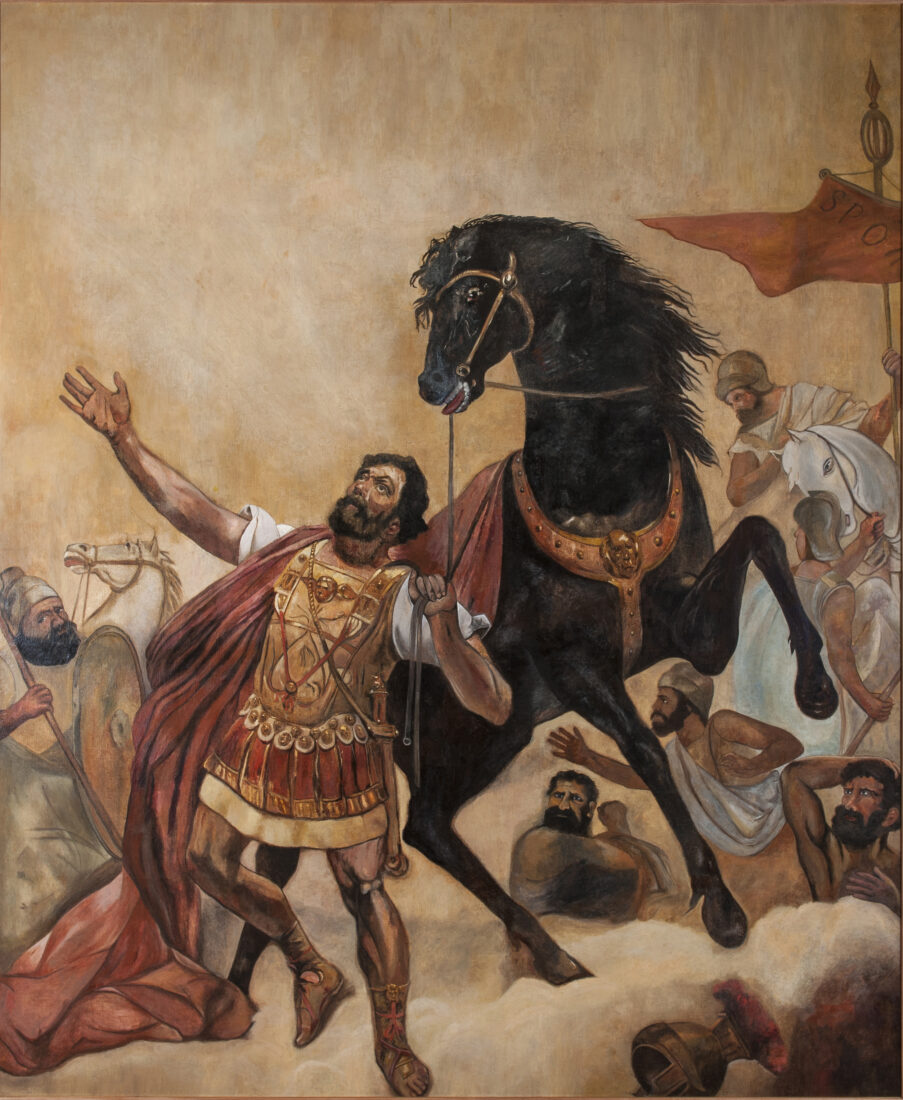
Saint Paul (5-67 AD) – Tarsus (Modern Tarsus, Mersin)
Paul, a significant figure in Christianity, played a crucial role in shaping the Christian faith and was influential in many councils.
He contributed significantly to the spread of Christianity and the formation of its core doctrines.
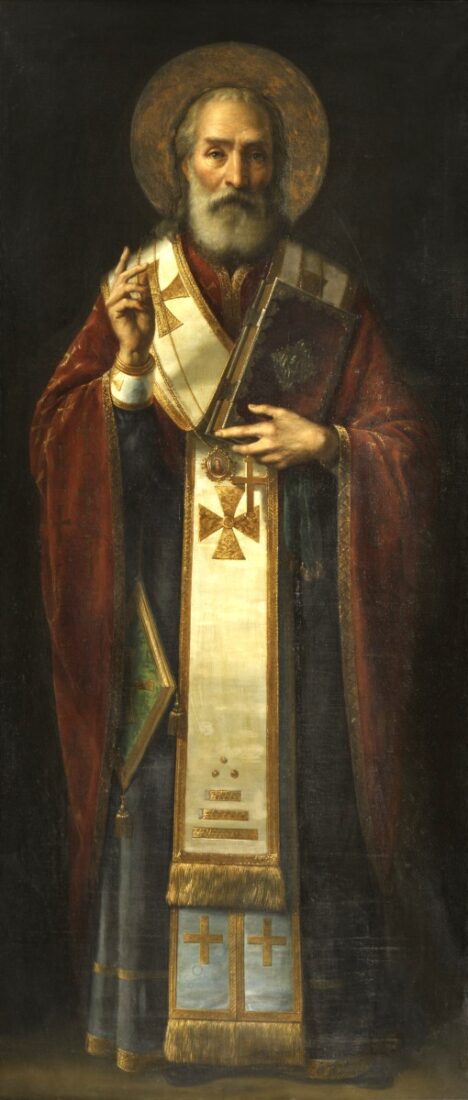
Saint Nicholas (270-343 AD) – Myra (Modern Demre, Antalya)
Saint Nicholas, known today as Santa Claus, is an important figure in Christianity. He gained widespread respect for his acts of kindness and generosity.
His life and legacy have become integral parts of Christian culture.
Place of Anatolia’s cultural and historical heritage today
The significant figures from Anatolia have played crucial roles in the development of Western civilization. However, today their legacy is not sufficiently embraced or promoted.
Izmir lacks a cultural center dedicated to Homer, Bodrum lacks a research center for Herodotus, Kutahya lacks a high school named after Aesop, and Mersin lacks a pharmacy or pharmacology research center named after Dioscorides.
These absences indicate a failure to fully appreciate Anatolia’s intellectual heritage.
Understanding and embracing cultural heritage
Anatolia’s cultural heritage, spanning from antiquity to the present, should be embraced not just as an ethnic past but as an intellectual and scientific legacy.
…In the 21st century, we Turks should present ourselves not only with a Seljuk and Ottoman identity but also enriched with the traditions of Byzantium, Rome, Greece, Persia, Thrace, Phrygia, Hittite, Assyria, and many other ancient civilizations of Anatolia. I see this as a unique opportunity, a blessing, and a great responsibility. No other country combines both Western and Eastern cultures with such historical depth…”
Professor Sencer Sahin
In conclusion, dozens of ancient scientists and thinkers from Anatolia have significantly influenced contemporary European and global thought, and their contributions to Anatolia’s intellectual and cultural values are invaluable.

